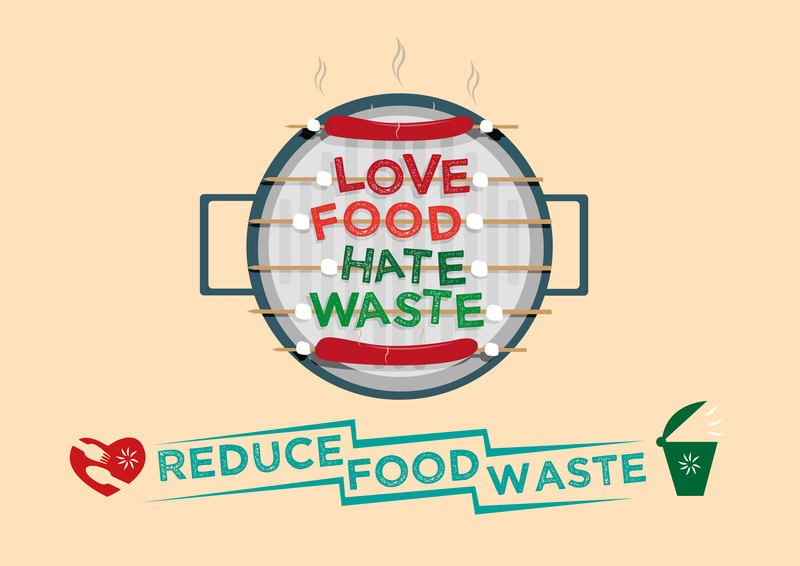Posted on 26/08/2025
The Most Forgotten Household Recyclable
Every year, millions of tons of waste are generated by households around the world, and much of it ends up in landfills. While most of us are familiar with recycling paper, plastic, glass, and metal, there is one type of recyclable that often gets overlooked: batteries. Whether they are AA batteries from a remote control or rechargeable batteries from electronic devices, batteries should be recycled properly to prevent environmental damage.
Why Batteries Matter
Batteries contain harmful chemicals such as lead, cadmium, and mercury. When these chemicals leak into the soil or water, they can cause serious environmental and health issues. Recycling batteries helps to ensure that these dangerous substances are contained and properly disposed of, minimizing potential harm.

Types of Batteries That Can Be Recycled
Batteries come in various shapes and sizes, and nearly all of them can be recycled. Here are some common types:
1. Alkaline Batteries: Commonly used in household items like remotes and clocks.
2. Lithium-ion Batteries: Found in mobile phones, laptops, and other electronics.
3. Nickel-Cadmium (NiCd) Batteries: Often used in power tools and rechargeable batteries.
4. Lead-Acid Batteries: Primarily used in vehicles and some backup power supplies.
How to Properly Recycle Batteries
Recycling batteries is not as straightforward as recycling paper or plastic. Here are some steps to ensure you do it correctly:
1. Collect Used Batteries: Keep a designated container for used batteries to ensure they are stored in one place.
2. Check Local Regulations: Different areas have different rules and facilities for battery recycling. Consult your local waste management facilities for information.
3. Use Designated Drop-Off Points: Many retail stores and recycling centers have drop-off bins specifically for batteries.
4. Mail-In Programs: Some companies offer mail-in programs for battery recycling. You can send your used batteries to these companies for proper disposal.
Pros and Cons of Battery Recycling
Pros:
1. Environmental Protection: Properly recycling batteries prevents harmful chemicals from leaching into the environment.
2. Resource Conservation: Many materials in batteries, such as lead and nickel, can be recycled and reused in new products.
3. Energy Savings: The process of recycling materials generally uses less energy compared to producing new materials from scratch.
Cons:
1. Convenience: Recycling batteries can be less convenient than recycling other household items as it often requires a special trip to a designated drop-off point.
2. Cost: Battery recycling programs can be expensive to operate, which sometimes discourages widespread adoption.
3. Awareness: Lack of awareness about the importance and methods of recycling batteries often leads to improper disposal.
Tips for Effective Battery Recycling
1. Educate Your Family: Inform family members about the importance of recycling batteries and how to do it properly.
2. Label Containers: Clearly label the containers where you store used batteries to avoid confusion with other waste.
3. Set Reminders: Set calendar reminders to take your collected batteries to a recycling center periodically.
4. Choose Reputable Programs: Ensure the recycling program you use correctly disposes of the batteries according to environmental guidelines.

Takeaways
1. Batteries are often the most forgotten household recyclable, yet they cause significant environmental harm if not disposed of properly.
2. Various types of batteries, including alkaline, lithium-ion, nickel-cadmium, and lead-acid, can be recycled.
3. Proper recycling involves collecting batteries, checking local regulations, using designated drop-off points, or utilizing mail-in programs.
4. There are both pros and cons to battery recycling, involving environmental benefits and potential cost and convenience issues.
5. Effective battery recycling involves educating household members, labeling collection containers, and choosing reputable recycling programs.
Conclusion
Recycling household batteries is crucial for protecting our environment and conserving valuable resources. While it may require extra effort and awareness, the benefits far outweigh the inconveniences. By following the tips and guidelines outlined, you can make a significant positive impact on the environment. So next time you finish using a battery, remember its recyclable potential and ensure it is disposed of correctly.
Latest Posts
Tips for Proper Disposal of Regular Waste
Garbage Cleanup Bags - Efficient Skip Substitute

































 Get a Quote
Get a Quote